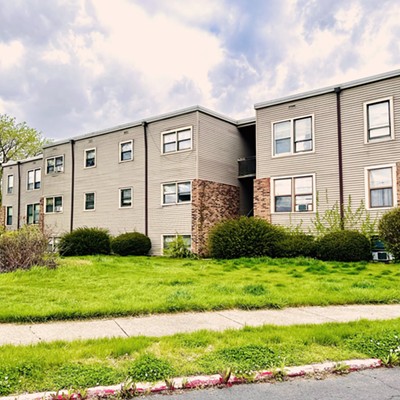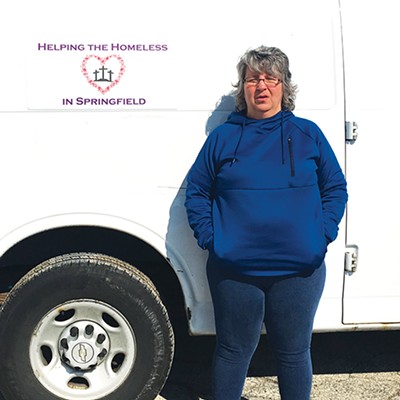
A contested hog farm in Rochester is once again the topic of debate as the group formed to stop the farm’s construction fights to avoid paying almost $300,000 in damages.
Last month, the Illinois 4th District Appellate Court ruled that Rochester farmer Robert Young was entitled to damages caused by an injunction that delayed the construction of his 3,600-pig farm.
Calling themselves the Rochester Buckhart Action Group, some of Young’s neighbors requested the injunction in early 2007, citing concerns of water pollution, odor, decreased property values and more.
“I think there’s this perception that we’re a bunch of city slickers, and we just moved in and are giving this poor farmer heck,” says RBAG member Darrel Berry. “Most of us grew up in rural areas. Nobody in our group is against farming. We’re just against the industrialized version of it. We moved here to a community. We didn’t move here to be near a pig farm.”
The circuit judge handling the case required RBAG to post a $60,000 bond in case they lost — an unusual requirement for a nonprofit group like RBAG, notes Patrick Shaw, their attorney.
When the appellate court vacated the injunction, Young asked the circuit court for payment of the bond and about $240,000 extra for damages and legal fees.
“Getting the building up was one thing, but getting financing was really stressful,” Young says, recalling his applications to 12 different banks to secure a loan for the project. “We really put our necks out on this. Without those damages, I don’t know where we stand.”
The two sides disagree on whether the individual RBAG members can be held liable for the group’s possible debt, but RBAG says it doesn’t matter, because they don’t have that much money.
“We don’t have any extensive assets,” says RBAG member George Jamison. “To me, the only number that matters is the $60,000.”
The circuit court denied Young’s request for bond, but the appellate court reversed the decision.
“I was so excited, I had to stop the tractor for a while,” Young says, recalling the moment he learned of the reversal. “I felt like I just melted. I guess I was stressed out a lot more than I thought.”
Young’s farm is in full operation, and RBAG must now decide whether to appeal to the Illinois Supreme Court, where the seven-justice panel will decide whether to accept the case.
If RBAG is forced to pay damages, both sides agree it will likely discourage future actions by similar groups.
“This case has huge implications for other environmental suits,” says RBAG member Mary Lou Goodpaster. “When other groups see the way this has gone forward in Illinois, then you’re going to see … other environmental groups being afraid to stand up and speak out.”
Thomas Immel, Young’s attorney, sees the situation in a different light.
“I’m assuming there would certainly be a note of caution, that one should be careful what one asks for,” Immel says of groups like RBAG. “You might get it, and if you get it, and it turns out you weren’t entitled to it, you could be looking at a pretty stiff bill. I think it would be very wise for people to pay close attention to whether they want to get injunctive relief of the type that’s been done here.”
But even with the neighborhood divided, the two sides have found comfort in community.
“It has brought us closer, as a group and as neighbors,” Heather Cook says of her RBAG cohorts. “We wouldn’t have otherwise known each other. There have been some positives.”
Young has had a similar experience.
“We’ve gotten a lot of support in all this,” Young says. “You really find out who your friends are.”
Contact Patrick Yeagle at [email protected].




















